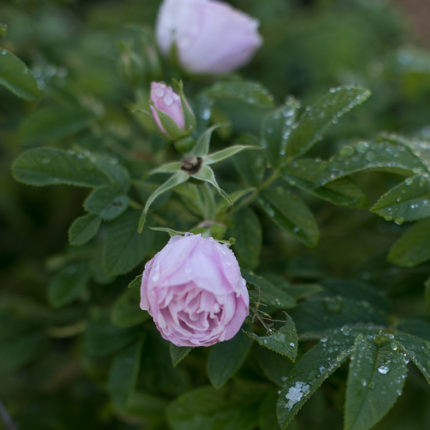As the weather begins to thaw and spring starts to bloom, it’s the perfect time to dig out those gardening gloves to start prepping your garden! For plants and soil deficient in magnesium, studies show that adding Epsom salt – a pure, naturally occurring compound comprised of magnesium and sulphate – can help promote growth and keep your garden healthy all season long.
Here are three ways to use Epsom salt in your garden this season to help you grow larger, healthier and more vibrant plants:
Planting
Adding Epsom salt to the soil before planting can help aid in germination. Magnesium creates an environment conducive to growth by helping seeds germinate, increasing chlorophyll production and improving phosphorus and nitrogen uptake. Sulfur is also a key element in plant growth, helping produce vitamins. This makes Epsom salt the perfect addition to your spring planting routine.
To use, simply sprinkle one cup of Epsom salt over every 100 square feet of soil and mix into the soil before planting.
Feeding
One of the most common methods of using Epsom salt in the garden is a foliar spray. A foliar spray is sprayed directly on the foliage of your plants and can be a very effective way to feed plants, since plants often absorb nutrients through their leaves more readily than through their roots. An Epsom salt foliar spray can help produce more vibrant blooms and enhance the flavor of your fruits and vegetables.
While measurements will vary depending on the type of plant and amount of soil, to create an Epsom salt foliar spray, simply dilute Epsom salt in water and spray onto your plants every two weeks.
Treating
Epsom salt is also an effective way to deter beetles, slugs and other garden pests from harming your garden. In addition, Epsom salt is non-toxic, making it an excellent alternative to other pesticides which may pose a threat to you and your pets.
Simply sprinkle Epsom salt around the perimeter of your garden, between garden rows or around individual plants to protect your blooms this gardening season.





